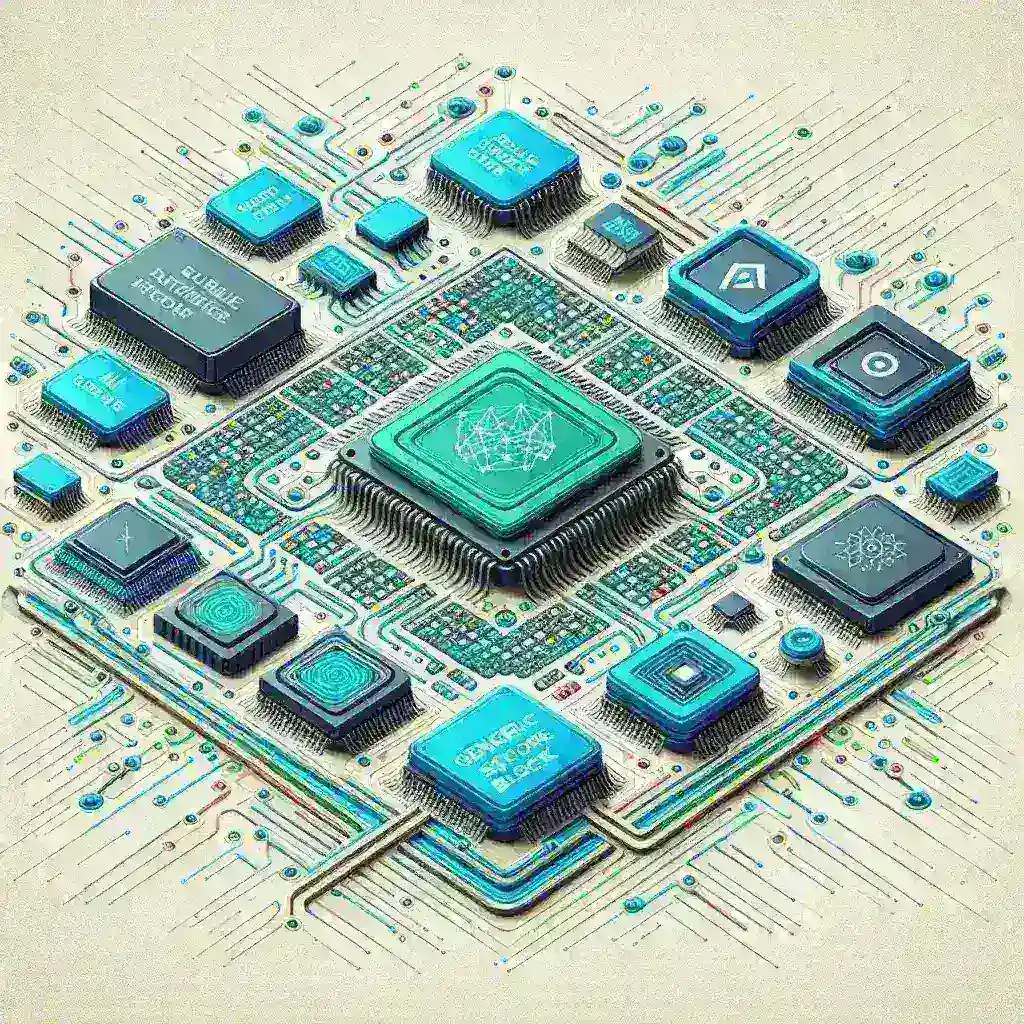Introduction to Microsoft’s Pluton Security Core
As technology advances, the importance of security in computing environments has never been more vital. With the proliferation of artificial intelligence (AI) and the interconnectedness of devices, ensuring data integrity and protecting sensitive information is paramount. Microsoft’s Pluton security core stands at the forefront, especially in AI-focused System on Chips (SoCs), aiming to revolutionize the way we think about security in computing.
Understanding SoCs and AI Integration
System on Chips (SoCs) are compact integrated circuits that incorporate all components of a computer or other electronic systems onto a single chip. In recent years, the fusion of AI with SoCs has enabled devices to process vast amounts of data efficiently, leading to smarter applications and enhanced user experiences. However, this integration also poses significant security challenges, making robust protective measures crucial.
What is Microsoft’s Pluton Security Core?
Microsoft’s Pluton security core is a dedicated security processor designed to provide a high level of protection directly within the silicon of a device. Initially developed for Xbox gaming consoles, Pluton has been adapted to secure various computing platforms, including PCs and edge devices. The primary aim of this technology is to create a more secure boot process and safeguard sensitive operations like cryptographic key management and identity verification.
The Evolution and Historical Context
The introduction of Pluton is a response to the increasing frequency of cyber threats and attacks on devices. Historically, traditional security measures relied heavily on software-based solutions, which often left vulnerabilities that attackers could exploit. By embedding security at the hardware level, Microsoft aims to mitigate these risks significantly, creating a more resilient environment for AI applications.
Integration of AI and Pluton: A Symbiotic Relationship
As AI continues to evolve, its integration with hardware security solutions like Pluton becomes ever more critical. AI systems require vast amounts of data for training and operation, which often includes sensitive user information. With Pluton, AI-focused SoCs can protect this data, ensuring that it remains confidential and secure from unauthorized access. This is particularly important in industries such as healthcare, finance, and autonomous vehicles, where data breaches can have severe consequences.
How Pluton Enhances Security in AI-Driven SoCs
- Secure Boot Processes: Pluton ensures that devices boot securely by verifying the integrity of the firmware and software before they are executed. This process prevents malware from gaining a foothold during startup.
- Hardware-Based Security Features: By integrating security features at the silicon level, Pluton reduces the risk of attacks that target traditional software security measures.
- Cryptographic Key Management: Pluton provides a secure environment for storing and managing cryptographic keys, which are essential for encrypting sensitive data. This ensures that even if a device is compromised, critical security elements remain protected.
- Identity Protection: The core can manage device identities securely, making it harder for attackers to spoof devices or impersonate users.
Future Predictions: Microsoft’s Vision for Pluton
Microsoft envisions a future where the Pluton security core becomes standard in all computing devices, especially those leveraging AI technologies. As cyber threats continue to evolve, the company’s commitment to providing robust security solutions will likely drive the adoption of Pluton in more consumer and enterprise applications. Enhanced AI capabilities will further benefit from this security framework, leading to innovations that prioritize user trust.
Pros and Cons of Pluton Security Core
- Pros:
- Increased security against cyber threats.
- Seamless integration with AI-driven applications.
- Enhanced user trust through improved data protection.
- Cons:
- Potential compatibility issues with older hardware.
- Increased manufacturing costs for devices with Pluton integrated.
Real-World Applications and Examples
In the real world, companies leveraging Microsoft’s Pluton technology include major hardware manufacturers committed to enhancing security in their devices. For instance, some Windows 11 PCs now incorporate Pluton, providing users with a more robust security architecture. This integration allows for better protection of personal data and improves the overall security posture of devices operating in AI-driven environments.
Conclusion: The Future of Security in AI-Focused Socs
As AI continues to permeate various sectors, the importance of robust security measures becomes increasingly apparent. Microsoft’s Pluton security core stands as a critical component in the evolution of secure computing, especially in AI-focused SoCs. By embedding security within the silicon, Microsoft not only addresses the current security landscape but also paves the way for a more secure future in technology. With Pluton, the integration of AI and security reaches new heights, ensuring that as we innovate, we also protect.

